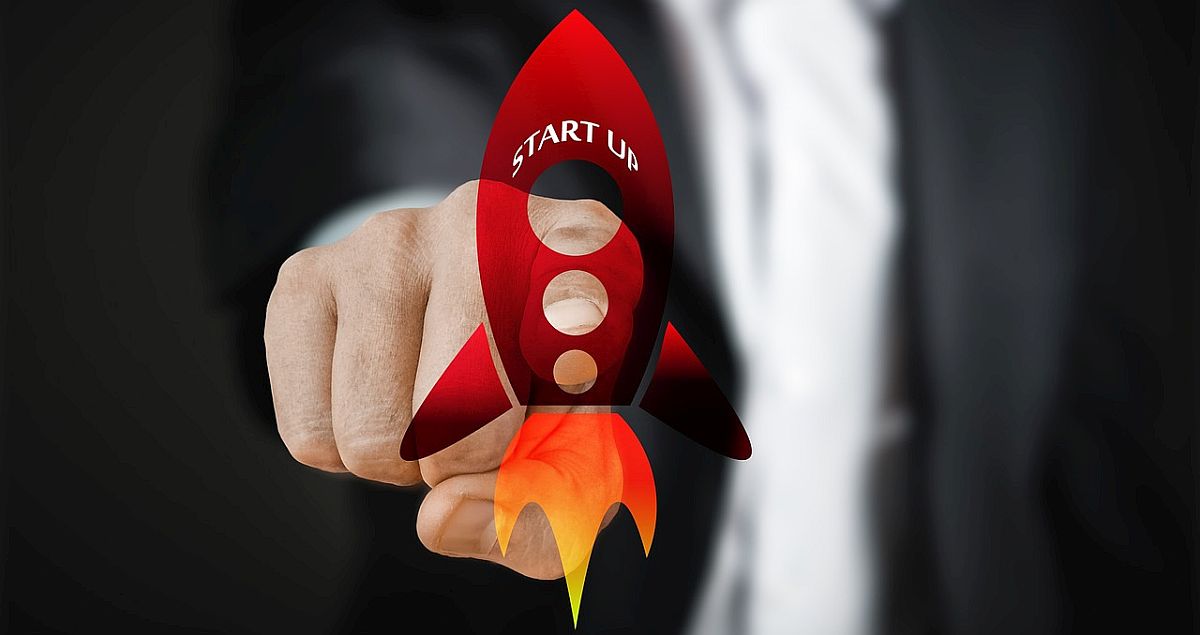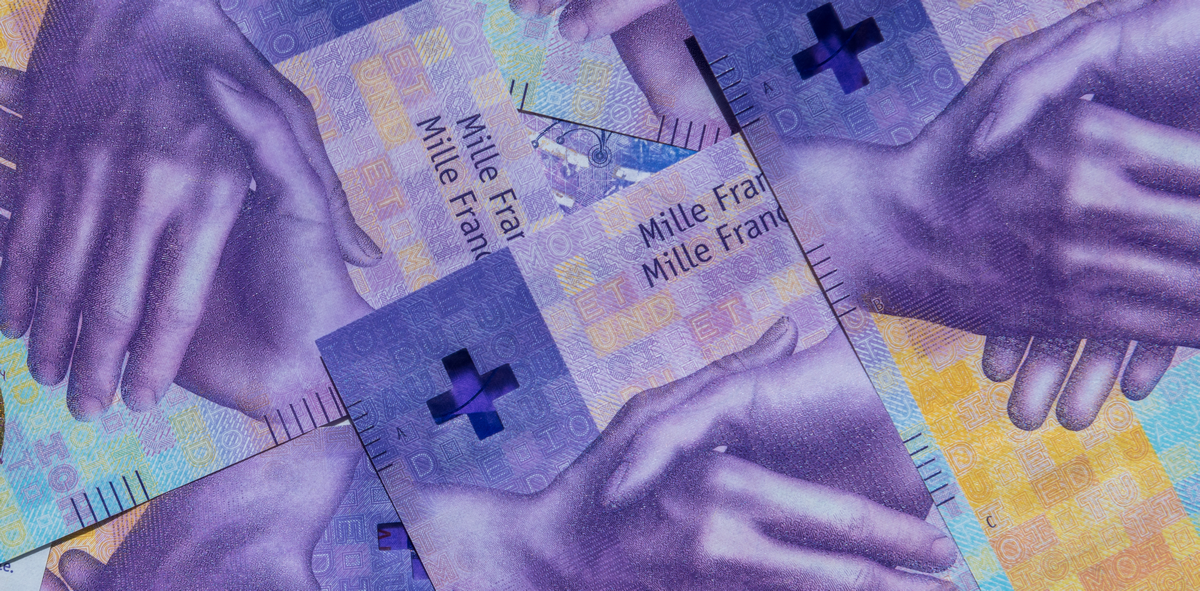
Teams from the University of Fribourg, ETH Zurich, and the University of Zurich have each secured a grant of CHF 150’000 as part of the InnoBooster program to advance their solutions. Proposed solutions address challenges in the energy and medical sectors, as well as industry aiming to reduce carbon emissions with novel techniques.
The InnoBooster program an initiative of the Gebert Rüf Stiftung supports university-based, high-potential business cases from the Venture Kick program with the aim of substantially accelerating their market entry. The program provides up to CHF 150,000 for a maximum of 18 months to cover salaries and materials costs directly related to the project.
The new cohort comprises five teams with varying approaches to some of the world’s pressing problems in medicine, diagnostics, energy storage, among others. These are:
SEPARATIC | Timur Ashirov, Universität Freiburg
The shift from traditional internal combustion engines to hydrogen fuel cells aims to cut carbon (CO2) emissions, however, this has resulted in a challenge. Nitrogen builds up in fuel cells, making them less efficient. To fix this, periodical purging of 50-70% of hydrogen is required, which could result in losing more than 600 kg hydrogen fuel over the lifetime of a fuel cell. SEPARATIC has developed a novel gas separation technology using palladium-coated graphene membranes to capture hydrogen efficiently from purge gases. This low-cost innovation offers up to CHF 15,000 cost savings per vehicle and significantly reduces CO2 equivalent emissions, as hydrogen promotes methane formation, a highly potent greenhouse impact. With the fuel cell market projected to reach 42 billion CHF by 2030, SEPARATIC aligns with global sustainability goals and upcoming regulations. The financial boost Innobooster, we will allow finalizing the implementation of the autonomous industrial prototype in the fuel cell.
CellX Biosolutions | Estelle Clerc, ETH Zürich
In 2023, 350 million tons of hazardous waste, mostly chemical, was generated, posing serious health and environmental threats. Current disposal methods like incineration are costly, inefficient, and harmful. Existing biological degradation methods face efficiency and scalability limitations. CellX Biosolutions uses field-based microfluidics, to bring biological solutions to the next level by capturing high-performance bacterial degraders directly in the environments and formulating biosolutions for targeted, sustainable and cost-effective degradation of industrial chemical waste. The company plans to deploy bacterial culture "starters" in industrial chemical waste storage reservoirs for target degradation, reducing costs and CO2 emissions. Their current degraders show growth and degradation abilities on various pollutants, including PFAS, pharmaceuticals, pesticides, and plastics, and are now optimized at larger scale with industrial partners.
BTRY-One Minute Solid-State Battery | Moritz Futscher, ETH Zürich
Existing battery technologies struggle to provide high energy storage and fast charging rates, especially under extreme temperatures, limiting advancements in sectors like IoT, consumer electronics, and aerospace. Founded as a spin-off from Empa and ETH Zürich, BTRY is proposing an innovative all-solid-state battery that can operate across a wide temperature range. The technology features a unique stack of solid thin films, ensuring high energy density, rapid charge/discharge capabilities, and robust performance in harsh environments, making it ideal for high-end applications demanding reliability and safety. The InnoBooster grant adds to the recently secured funding to further enhance their solution.
Nerai bio | Kim Fabiano Marquart, Universität Zürich
Gene editing has revolutionized the way future generations will think about diseases and medicine. The discovery of CRISPR-Cas9 has catalyzed developments of sophisticated tools capable of deleting, editing, and replacing deficient genes. Although these technologies have shown promising results and entered clinical trials, they face limitations restricting their applications. In particular, Cas9 protein can only target specific parts of the genome, representing about 20% of all human genes. To unlock the full potential of precision genome editing, Nerai bio has built an AI-assisted high-throughput protein engineering platform to generate new CRISPR-based tools of enhanced performance. These novel variants improved the targeting range of gene editors while delivering increased efficiency, specificity, and safety. By leveraging the programmability of their platform, the Zurich-based sartup aims to accelerate advancements in genetic engineering technologies and increase access to currently intractable diseases.
Checktor Biosciences | Carolina Paganini, ETH Zürich
Antimicrobial resistance, fed by the overprescription of antibiotics, is fast becoming a global emergency. This is particularly critical for common sexually transmitted infections like gonorrhoea for which only a single drug remains broadly effective. There is thus a need for new diagnostic technologies to combat this challenge. Checktor Biosciences leverages its novel molecular diagnostic assay to provide an accessible and accurate diagnostic test that can detect gonorrhoea, similar infections, and their antibiotic susceptibilities, within 10 minutes at any point-of-care. With a reusable reader and single-use cartridges, Checktor Biosciences offers a unique sample-in answer-out test that is reliable, effective, accessible, and affordable.
(RAN)























































Please login or sign up to comment.
Commenting guidelines